Synergy between an agricultural methanizer and a Groupe SEB production site

This project concerns the development of an Industrial and Territorial Ecology synergy between an agricultural methanizer and a production site in France. This has resulted in a total replacement of natural gas with local biogas, while recovering bio-waste and supporting the development of a local energy project.
Main project's drivers for reducing the greenhouse gas (GHG) emissions
Energy and resource efficiency
Energy Decarbonisation
Energy efficiency improvements
Improving efficiency in non-energy resources
Emission removal
Financing low-carbon issuers or disinvestment from carbon assets
Reduction of other greenhouse gases emission
Project objectives
- Replace the consumption of natural gas used for heating with non-fossil energy
- Valorise bio-waste of the site by methanisation.
Groupe SEB contributes to the fight against climate change by making commitments to reduce greenhouse gas emissions. In 2016, the Group joined the Science Based Target initiative (SBT), to align its low carbon approach with the goal of keeping global warming below 2°C by the end of the century.
Groupe SEB has set the objective of reducing its emissions per product manufactured by 40% (base year 2016).
To achieve these ambitious goals, it is concentrating its efforts on two priorities:
- Optimize the energy consumption of its plants,
- Increase in the share of renewable energy.
This is the framework for this first biogas supply project of Groupe SEB, carried out by Is-sur-Tille industrial site. The project has two components:
Replace natural gas consumption with biogas for buildings heating
Is-sur-Tille site now uses biogas for heating.
An agricultural methaniser was put in operation in 2021. This facility, located less than two kilometers from the site, recycles bio-waste by producing biogas.
The project has led to the establishment of a commercial partnership: part of the biogas produced by the methaniser can now replace all the fossil natural gas previously consumed to heat the site (~1,6 GWh). This has resulted in an estimated saving of 260 tons of CO2 equivalent per year, which is more than half of the annual emissions of the site before the project.
Valorise the site’s bio-waste by methanisation
Is sur Tille site now recycles its bio-waste into biogas.
The site’s laboratory generates food and oils wastes when carrying out quality tests. Buildings are also surrounded by large greens spaces. These bio-wastes were previously incinerated. Now, there are collected free of charge by the methaniser’s operators (up to 30 tons per year) and converted into biogas – which is then reused to heat the site!
Some figures:
- 1 ton of plant material produces about 90 m3 of CH4.
- 1 ton of vegetable oil produces 500-600 m3 of CH4.
Success factors and advice for similar projects:
- The knowledge of its neighbourhood is essential to identify possible industrial synergies and to carry out this project with several people;
- Enough food waste and green waste must be produced to interest the biogas plant;
- Having a gas delivery station adjacent to the site ensures that the biogas saturates the natural gas network pipeline all year round;
- The biogas plant must be sufficiently robust to guarantee a permanent supply and not have financial difficulties for upgrading to standards.
Emission scope(s)
on which the project has a significant impact
- Emission scopes
- Description and quantification of associated GHG emissions
- Clarification on the calculation
Scope 1
Direct emissions generated by the company's activity.
Scope 2
Indirect emissions associated with the company's electricity and heat consumption.
Scope 3
Emissions induced (upstream or downstream) by the company's activities, products and/or services in its value chain.
Emission Removal
Carbon sinks creation, (BECCS, CCU/S, …)
Avoided Emissions
Emissions avoided by the activities, products and/or services in charge of the project, or by the financing of emission reduction projects.
Scope 1 – Replacement of natural gas from the French network by biogas produced by a local methanizer (emissions divided by ~5).
- Quantification : – 260 tCO2e/year
The average emission factor for natural gas is around 205gCO2e/kWh (ADEME, GHG balance, based on the 5th IPCC report, 2013 – worldwide scope). In France, biogas emissions are closed to 44gCO2e/kWh (ADEME GHG balance – biomethane, France). We consider that the site consumes about 1.6 GWh of gas per year. The gain in CO2e is therefore of the order of 260 tCO2e per year.
Key points
Invested amount
No investment
Starting date of the project
July 2021
Project localisation
Is sur Tille (France)
Project maturity level
Prototype laboratory test (TRL 7)
Real life testing (TRL 7-8)
Pre-commercial prototype (TRL 9)
Small-scale implementation
Medium to large scale implementation
Economic profitability of the project (ROI)
Short term (0-3 years)
Middle term (4-10 years)
Long term (> 10 years)
Illustrations of the project
This circular economy project is a local initiative supported by two neighbouring farmers, to which Is-sur-Tille site contributes. It promotes the energy sovereignty of the region and establishes a long-term partnership around this methaniser, generating financial stability and creating a job.
Is sur Tille industrial site supplies 1% of the methanizer’s inputs. The biomethane thus produced is directly injected into the city’s network and supplies both the site’s heating and neighbouring houses.
This project is concrete for employees because it is close to the workplace. This raises awareness about climate issues and is a source of great motivation for all Groupe SEB employees.
The conditions for reproducibility depend on the possibility of installing a methaniser by a third-party operator near the site. It is also necessary to have local bio-waste with high methanogenic power.
A partnership has been set up with MJ Energie, a company created by two farmers who were looking to diversify their farms with a secure activity in terms of profitability.
Contact the company carrying the project :
sustainabledevelopment@groupeseb.com

